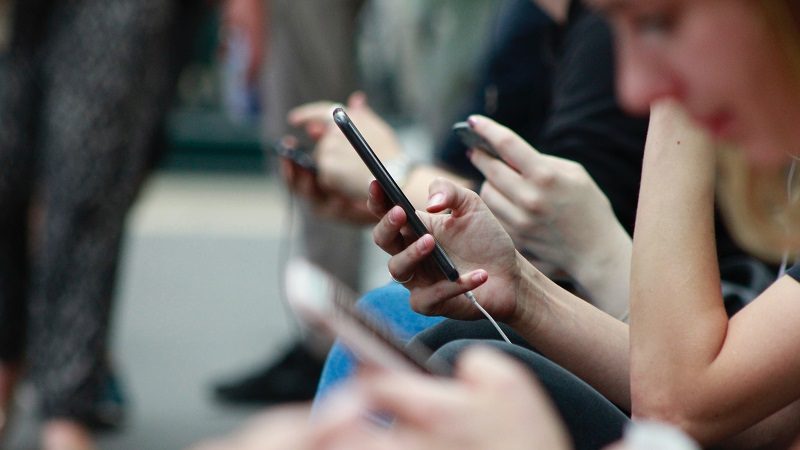Female journalists and politicians were sent abusive or otherwise hostile tweets every 30 seconds on average in a study released on Tuesday by Amnesty International that is the result of a joint effort by human rights researchers, technical experts and thousands of online volunteers to build the world’s largest crowd-sourced dataset of online abuse against women.
The findings in the report ‘Troll Patrol‘ reveal the sheer scale and nature of online abuse faced by women. The research sorted through 288,000 tweets sent to 778 female politicians and journalists in the UK and the US last year. They found that 7% of tweets they gathered were abusive or otherwise problematic.
This amounts to 1.1 million tweets mentioning 778 women across the year, or one every 30 seconds. Amnesty International’s study was conducted with help from volunteers and global artificial-intelligence software firm Element AI.
The sample of women selected included all parliamentarians from the UK Parliament and US Congress and Senate as well as women journalists from publications like the Daily Mail, Gal Dem, the Guardian, Pink News, the Sun in the UK and Breitbart and the New York Times in the USA.
More than 6,500 digital volunteers from around the world then took part in Troll Patrol, analysing 288,000 unique tweets to create a labelled dataset of abusive or problematic content.
One of the study’s main findings is that online abuse targets women from across the political spectrum – politicians and journalists faced similar levels of online abuse and we observed both liberals and conservatives alike, as well as left and right leaning media organisations, were targeted.
“Online abuse against women on this scale should not and does not have to exist on social media platforms,” the organisation said. “Twitter’s failure to crack down on this problem means it is contributing to the silencing of already marginalised voices”.
For the past two years, Amnesty International has documented the scale and nature of abuse and violence against women online. In 2017, the international human rights organisation commissioned an online polling of women in eight countries about their experiences of abuse on social media platforms and used data science to analyse the abuse faced by female MPs on Twitter prior to the UK’s snap election last year.
In March, Amnesty also released the report ‘Toxic Twitter: Violence and Abuse against Women Online‘ which outlines the human rights harms facing women on Twitter, and proposed concrete steps that the company can take to address these harms.
The report found that, as a company, Twitter is failing in its responsibility to respect women’s rights online by failing to adequately investigate and respond to reports of violence and abuse in a transparent manner which leads many women to silence or censor themselves on the platform.
“Amnesty International has repeatedly asked Twitter to publish data regarding the scale and nature of abuse on their platform, but so far the company has failed to do so,” Amnesty said in a statement. “This hides the extent of the problem and makes it difficult to design effective solutions.”














